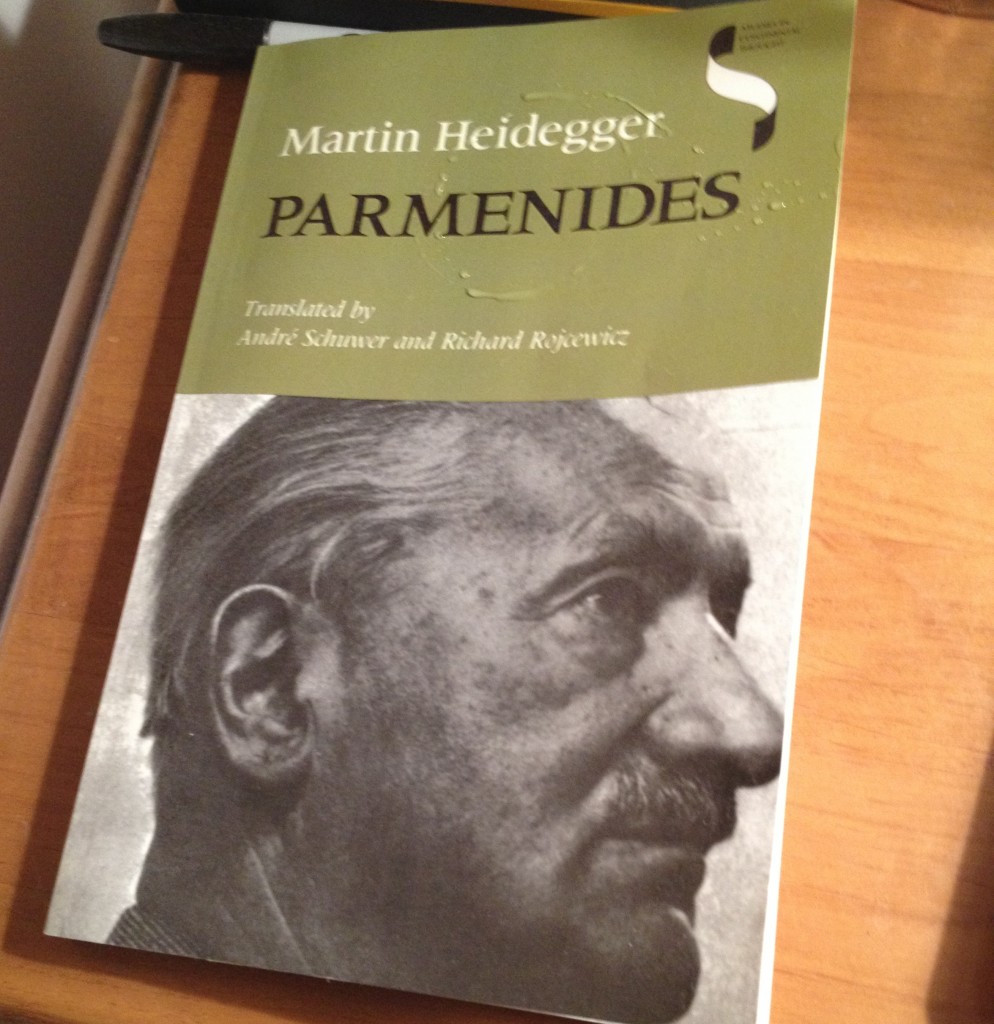Art vs. technology
This past summer I was driving from Rochester to Chautauqua, to spend a few days helping Peter Georgescu put together a new book proposal, which turned out to be productive (and gave me a chance to work with Andrew Terrell, a very young former White House staffer who seems to know everything that’s going to happen in Washington before it actually happens.) On my drive, somewhere in the Southern Tier, using a podcast app on my iPhone, I stumbled onto a program that has since become something I regularly listen to while painting: Entitled Opinions, by Robert Harrison, a professor of French and Italian at Stanford. It’s an intellectual oasis, a golden island of conversation that constantly makes me whisper, yes, exactly to myself while I’m absorbing it. Its archive makes available ten years of programming, a buried treasure. I can’t wait to make my way through it. Harrison’s professorial post doesn’t reflect his depth of learning in a wide variety of fields: either he’s a very quick study or he retains everything he’s investigated from decades of research and reading. Many of his guests also teach at Stanford, or Berkeley, or at another school here or in Europe. He’s not only erudite but persists in thinking along lines that have been abandoned by many philosophers these days. As far as I can tell from my layman’s perch, philosophy these days wants to find a safe harbor in brain research, rather than interrogating the mystery of things in a way that does little more than ponder unanswerable questions. These days thinking about consciousness tends to regard it as just one more phenomenon to be objectified, on the assumption that human nature is yet another biological mechanism to be understood and eventually improved upon through some kind of intervention. In the podcast I listened to in the car, a conversation about Heidegger with Thomas Sheehan, the guest and host mentioned at one point a philosophy convention where all the Heidegger specialists huddled in one corner and talked amongst themselves, with little contact with anyone else at the event, an anecdote that made me laugh with approval. Good for them! That image probably offers a clear picture of how much weight Continental philosophy carries these days in American academia.
The discussion with Sheehan, who has a book on Heidegger coming out shortly, was primarily about Being and Time, Heidegger’s most influential book. I never managed to get through it in college, though I studied Sartre’s Being and Nothingness, which grew out of Heidegger’s work. Ever since then, I’ve dipped into Heidegger’s later writing, with special attention to The Origin of the Work of Art. And since I heard this podcast, MORE
